Is Downhill Skiing a Good Workout?
There is nothing more liberating than hurtling yourself down an icy slope in sub-zero temperatures with two long planks of wood strapped beneath your feet. The mental benefits of skiing are clear. It is proven to boost energy, increase mood, create dopamine, serotonin and provide the ultimate adrenaline fix.
After a long day of skiing I always come home as hungry as a wild boar. I work out every day but only feel this type of extreme hunger after long hikes or ski days. I’ve often wondered, am I hungry because I neglected eating and drinking in order to squeeze in extra powder laps? Or, did I just get the best workout ever.
Backcountry skiing, hiking and cross country skiing are steady state cardio activities that are considered remarkable forms of exercise.
But what about downhill skiing?
How does downhill skiing stack up against these activities? If you’re spending half your day in lines and sitting on the lift can downhill skiing even be considered a workout?
I spent hours searching for, reading, and cross examining countless research studies involving alpine skiing and exercise. It lead me to a long awaited yet simple answer. YES ABSOLUTELY skiing is fantastic exercise. Although untraditional, skiing is a proven form of exercise and is probably the most exciting way to work out on earth.
Table of Contents
6 Reasons Why Downhill Skiing Is Great Exercise
-
Improves Heart Health
If you’ve ever skied moguls, powder, trees, or carved like a ski racer you know that skiing gets your heart racing and blood pumping. Sometimes I have to stop halfway down the slope to catch my breath and settle my legs down before I shred again. Unlike cross country or ski touring which involve constant movement (steady state cardio). Downhill skiing is interval training, which is considered to be the best way to increase your aerobic capacity and according to the World Journal of Cardiology to be the strongest predictor of future health, all-cause mortality, and cardiovascular risks.
The harder you ski, the more cardio benefits you will receive. If you want to get even more of a workout don’t stop for a break on the slope and keep on shredding, huffing and puffing until you reach the lift (your rest period).

-
Fat Burning & Weight Loss
Anytime you are expending energy, and burning calories you are putting yourself in a better position to lose weight. Losing weight is a simple science, if you expend more calories than you consume over a period, you will lose weight. In an article published by Harvard Medical School they discovered that a 185lb person burns 252 calories for every 30 minutes of moderate downhill skiing. I’m close to 200lbs and ski way more aggressively than ‘moderate’ so it would be safe to assume that I am burning somewhere in the 300 calorie range every 30 minutes on the ski hill. It is important to note that sitting on the chairlift does not account for skiing time. At Whistler Blackcomb, on average, a run takes a skier between 3-5 minutes. Let’s do some simple math. On a good day you can ski 15-20 runs on Whistler. If each run takes you 4 minutes on average and you ski 15 runs your total time skiing downhill is 60 minutes.
This means that an moderate skier who weighs 185lbs could expect to burn close to 500 calories over the course of a ski day.
All things considered, that’s not too bad. If you stick to a healthy diet and ski every single day you can definitely shed a few pounds before beach season.
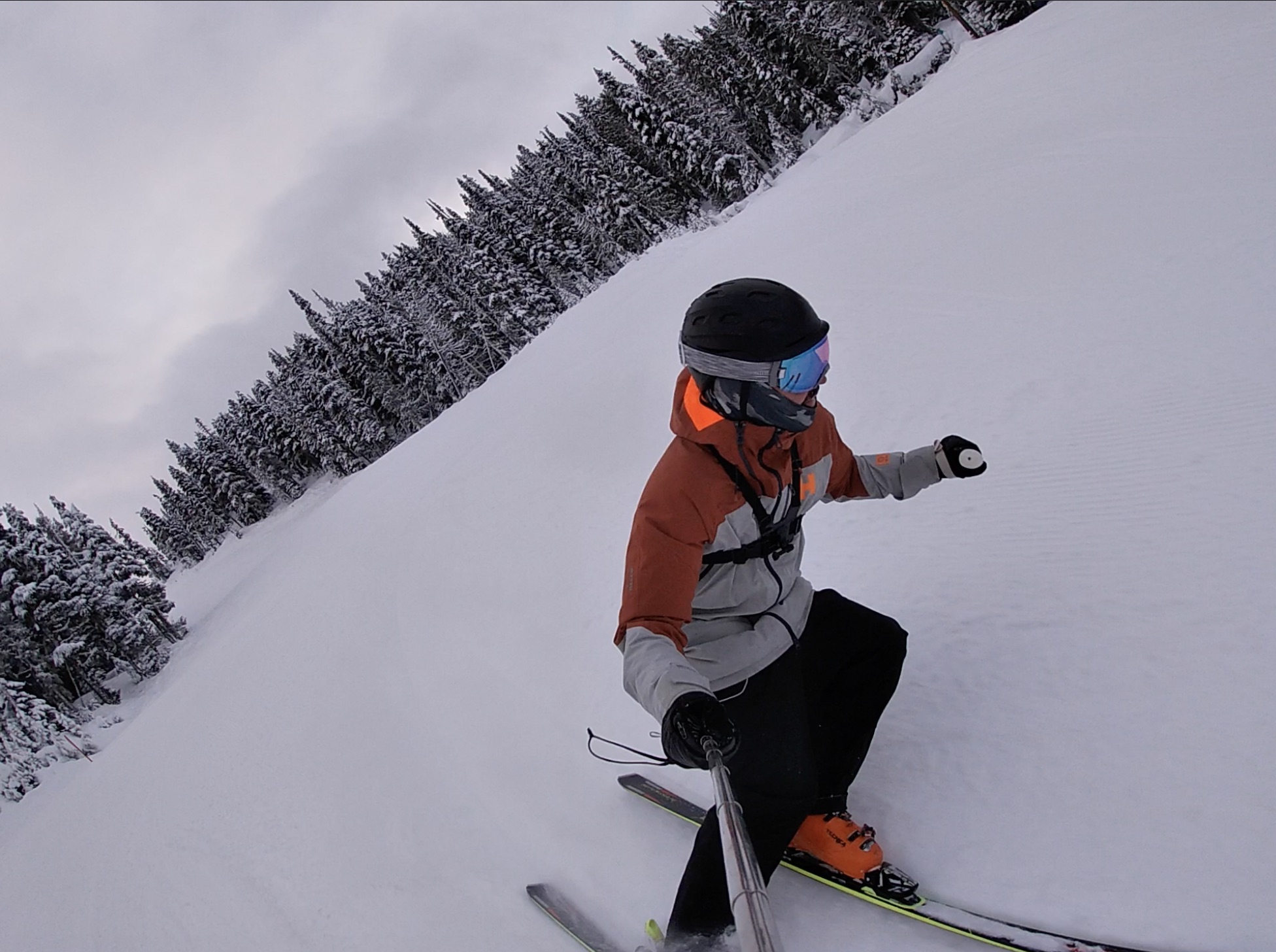
-
Muscular Definition
Imagine doing 3-4 minutes of wall sits on an uneven surface, balancing on either leg and mixing in the occasional jump. Welcome to skiing. Have you ever taken a look at an Olympic skiers legs? They are shredded! Skiing is a great way to build muscle and definition in your legs. While skiing you are naturally kept in a squat position which strengthens the quads, hamstrings, calves and glutes. The constant reaction and shifts in balance work every single muscle big and small in the legs. You’ve probably head skiers mention their ‘ski legs’ before. Usually your legs are in way better shape at the end of the season than the start. This year take a picture at the beginning of the season and at the end of the season. You will be shocked by the differences you see.
-
Balance & Coordination
Skiing constantly challenges you to respond to changes in slope and run conditions. If the light is bad you sometimes have to respond to humps and bumps in the snow without even seeing them. This constant battle to remain in a good stance and centered over your skis greatly improves your balance. You need to be focused on the downhill as one crossed ski could mean catching an edge resulting in a nasty wipeout. Skiers need to use their poles in a rhythmic fashion to keep the whole body coordinated and balanced.
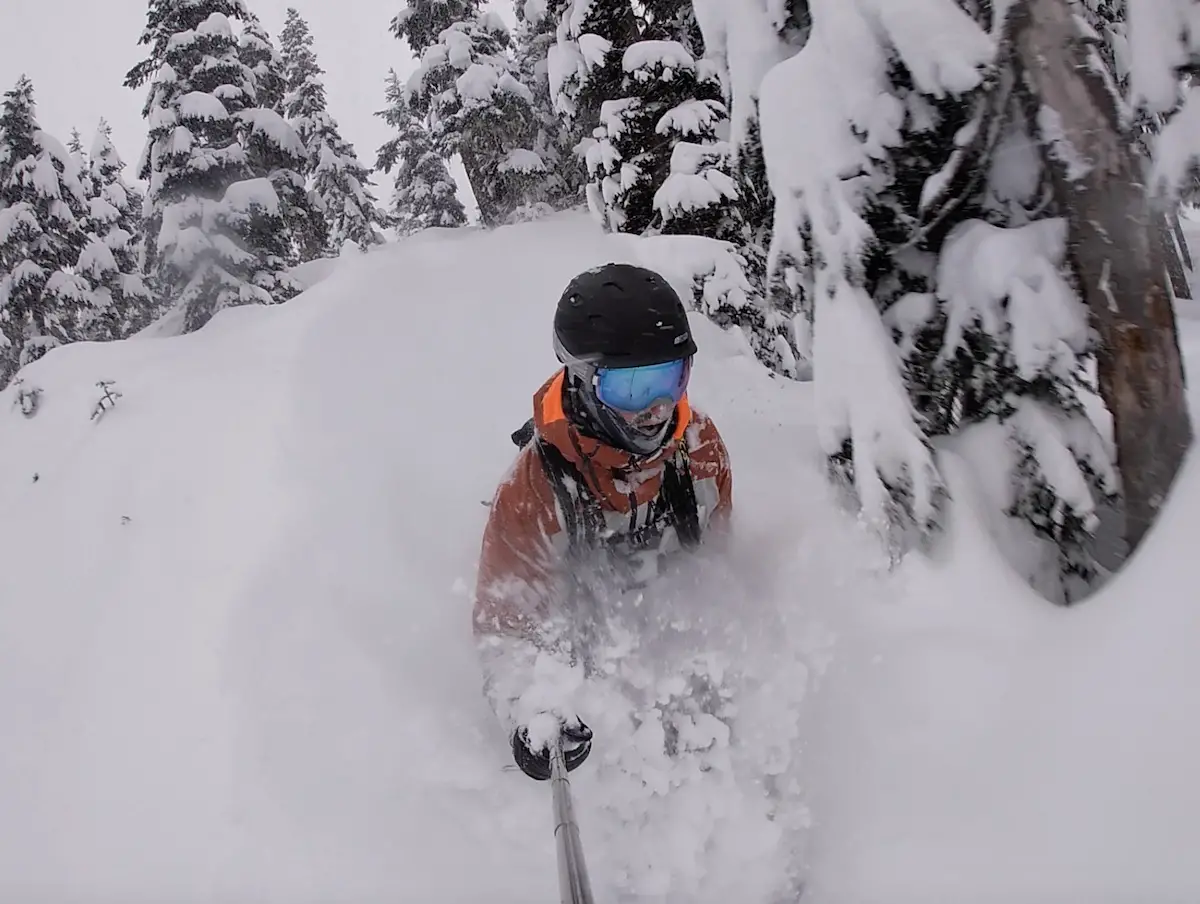
-
Mobility & Injury Reduction
Skiing requires insane amounts of mobility in the hips, knees, glutes, quads and ankles. The first few days of the season I always find myself feeling sore in unimaginable places in my lower body. You will constantly be required to move in ways you would never be required to in everyday life or in the gym and this greatly improves mobility. Being mobile and active as much as possible is the ultimate secret to reducing injuries. I battled unbearable knee pain for years while working in an office. Once I moved closer to Whistler BC and was able to ski every second day the majority of my aches and pains disappeared. I strongly believe that constant movement and playing outside are the greatest ways to prevent injury and unlock an injury free version of your body.

-
Mental Benefits
The mental benefits of skiing are endless. Many people struggle with seasonal depression in the winter because of spending too much time inside on dark and gloomy days. The ski hill is always paradise. It’s bright white snow and slippery slopes welcome you with open arms every time you clip into your bindings. The rush of zooming down the hill instantly releases endorphins, dopamine and serotonin. Fresh air and having fun is the special sauce that makes life worth living. Have you ever met an unhappy person on the chairlift? I don’t think so! Even by just getting out to the ski hill one day a week you are going to see vast improvements in your mental health, will feel a sense of purpose, and will always have something to look forward to on the weekends.
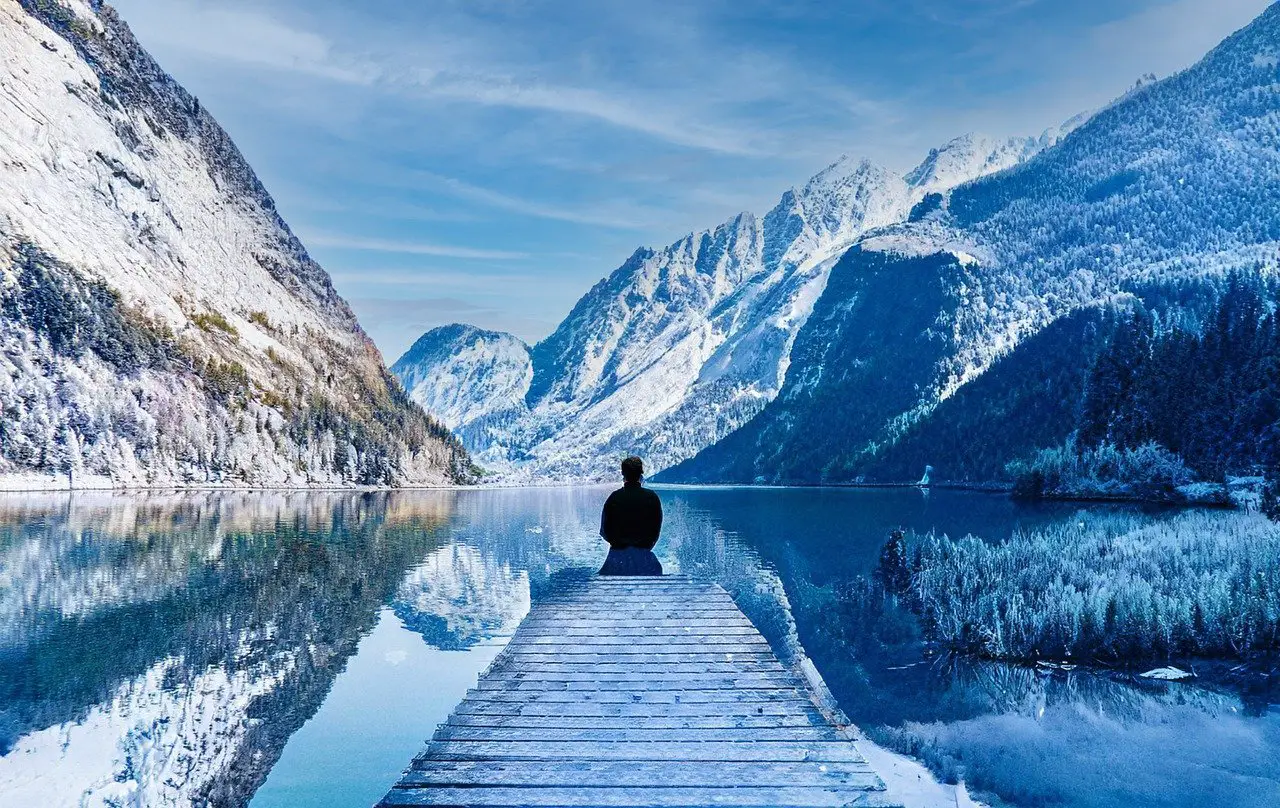
Hopefully I just gave you another excuse to spend more time skiing in the mountains!
Keep On Shreddin’

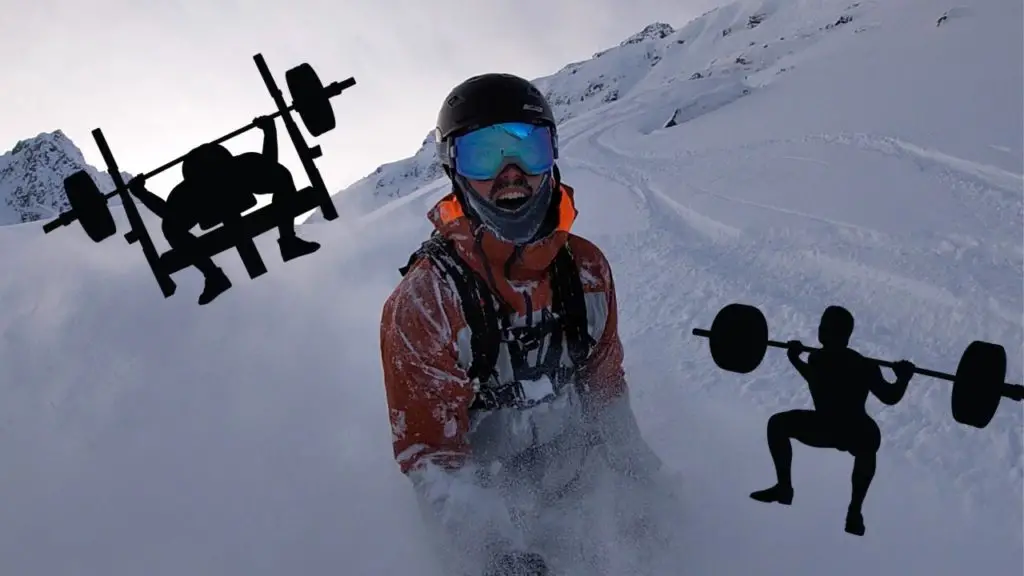
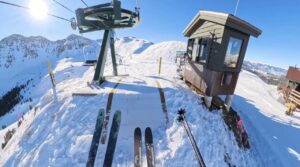




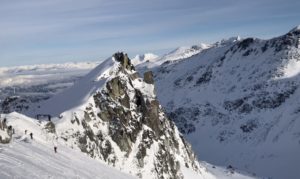
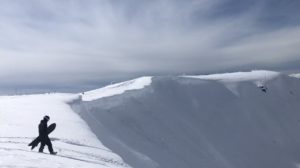


2 Responses